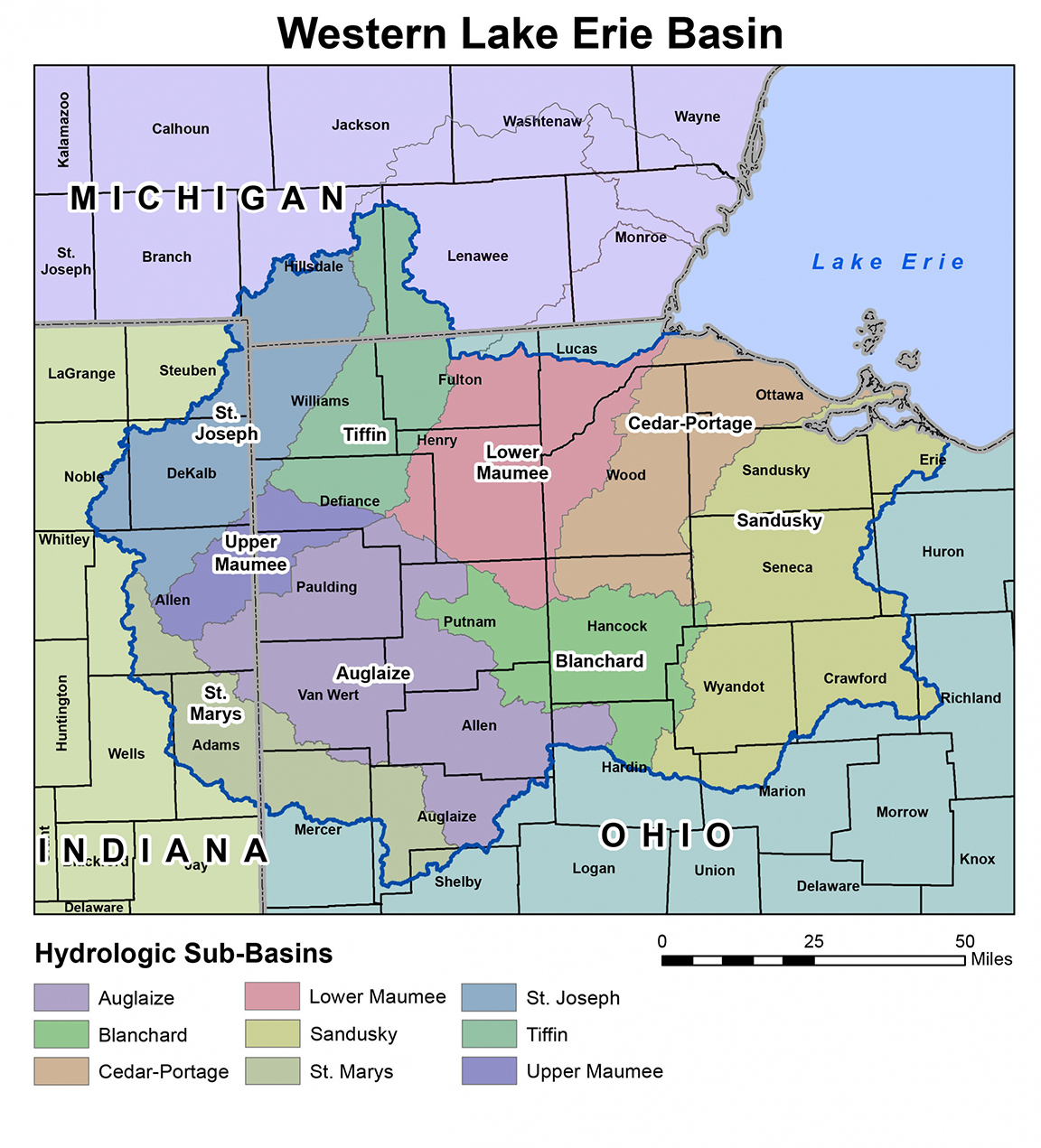Tags
Relevant Tags
All Tags
- Ag Consultant Training (2)
- Best Management Practices (BMPs) (1)
- Blank Template (5)
- CCA (1)
- CIA Tour 2019 Announcement Template 070319 (2)
- CIA Tour 2019 Template (17)
- CIA Tour (1)
- CIA Tours (3)
- CIA2022 (2)
- CIA2023 (1)
- CTIC Demo (1)
- CTIC Projects (6)
- CTIC Staff (1)
- Carbon (1)
- Conservation in Action NEWS (36)
- Conservation in Action Tour 2017 Abstract Author (4)
- Conservation in Action Tour 2017 Abstract CA (2)
- Conservation in Action Tour 2017 Abstract Reviewer (1)
- Conservation in Action Tour 2017 Abstract Submitter (1)
- Conservation in Action Tour 2017 Moderator (2)
- Conservation in Action Tour 2017 Registrant (1)
- Conservation (1)
- Conventional Agriculture (1)
- Cover Crop Report Announcement (2)
- Cover Crop Survey (1)
- Cover Crops (10)
- Current Projects Navigation (5)
- Data_Cropland (2)
- Data_Grassland (2)
- Demo_copy (1)
- ED Announcement (9)
- Email Blast (1)
- Environment (1)
- Environmental Management (5)
- Home Resource (4)
- Hypoxia (1)
- In the news (9)
- Indian Creek Watershed Project (6)
- Manure Management (4)
- Membership Drive 2018 (1)
- NARS National 2019 (1)
- NARS (6)
- News from CTIC (17)
- Nitrogen (1)
- No-Till (2)
- Nutrients (1)
- OpTIS Webinar Announcement (2)
- OpTIS (1)
- Organizations (3)
- PLUS-UP Newsletter (54)
- PLUSUP (6)
- Partners - NEW (11)
- Partners Magazine Article (2)
- Partners (1)
- Planner (6)
- Presentation (6)
- Press Release (8)
- Projects (10)
- Publication (3)
- Reminder 2022 (1)
- Research (1)
- Rivers, Streams (1)
- Software (2)
- Soil Management (2)
- Tillage (1)
- Tour 2021 - Video (2)
- Tour1 (1)
- Video (1)
- Watershed (1)
- Wetlands (1)
- Yield (3)
- agro-ecosystem (1)
- economic benefits (4)
- economic profitability (4)
- newsletter_cover_crops (1)
- newsletter_news_releases (1)
- on-farm research (1)
Filtered by : Presentation
| Results6 articles found. |
|---|
Session 1Risks to Recreation Integrating Children’s Exposure in Risk Assessment Helena Solo-Gabriele No Bio Available No Bio Delivered Video Length - 9:10 Outbreaks Associated with Untreated Recreational Water — United States, 2009-2017 Michele Hlavsa Speaker Bio Michele Hlavsa is chief of the U.S. CDC's Healthy Swimming Program and the agency’s lead on the Model Aquatic Health Code. She collaborates with U.S. and non-U.S. public health authorities and the aquatics sector to develop evidence-based measures to prevent recreational water–associated illness and pool chemical injuries and has >90 scientific publications. She has a ... |
Session 2Advances in Monitoring, Approaches and Technology Five Years of Enterococci qPCR in Chicago: Research to Practice Kendall Anderson Speaker Bio Kendall Anderson is an environmental epidemiologist who specializes in micro/molecular biology for recreational water and drinking water in sub-Saharan Africa. He has worked in this field since 2014 at Georgia Southern University and most recently in Chicago Illinois from 2016 onward at the University of Illinois at Chicago and the Chicago Park District. Currently Kendall is employed by the Chicago Park District as the project manager for beach water quality in which he oversees the administration of the beach water ... |
Session 3Notification and Risk Communication Beach Report Card and NowCast: Successes and Challenges of Public Water Quality Notifications Luke Ginger Speaker Bio Luke Ginger is a Water Quality Scientist at the Southern California nonprofit Heal the Bay. He spends his time looking out for the people who go to the beaches, rivers, and streams by managing the organization’s recreational water quality programs. He has a B.S. in Biology from The University of St. Thomas and a M.S. in Biology from Miami University. Although Luke does not consider what he does at Heal the Bay “work,&... |
Session 4Restoring Waters to Recreational Use Tracking Land-based Sources of Nutrients and Microbial Contamination in a Pacific Northwest Estuarine Watershed Amy Zimmer-Faust No Bio Available No Bio Delivered Video Length - 12:58 Ambient Water Quality Thresholds for Human-associated HF183: Effect of Water Temperature, Aging, and Co-contamination with Gull Feces Jeff Soller Speaker Bio Mr. Jeffrey Soller is the Principal Scientist at Soller Environmental, LLC. He conducts microbial risk assessments, evaluates, interprets, and communicates water quality issues, and specializes in working at the interface of risk-based science and environmental policy. Mr. Soller has been a visiting scientist with the National Institute of ... |
Session 5Building Partnerships in Rec. Water Monitoring and Remedation Citizen Science at the EPA: Streamlining Water Quality Testing and Future Visions Jay Benforado Speaker Bio Jay Benforado is the Chief Innovation Officer in EPA’s Office of Research and Development. Jay is a founding co-chair of the Federal Community of Practice for Crowdsourcing and Citizen Science, helping to guide it from a small informal group to an influential network of over 400 members representing 60 agencies. Jay’s efforts to establish citizen science, innovation project competitions, and voluntary partnerships help EPA, State, Tribal and local environmental agencies prepare for ... |
Session 6What's Next? Emerging Concerns How well do Coliphages Predict the Presence and Concentrations of Human Enteric Viruses in Water and Wastewater? Mark Sobsey Speaker Bio Dr. Mark Sobsey specializes in environmental health microbiology and water, sanitation and hygiene. His research, teaching and service encompass the detection, characterization, occurrence, environmental survival/transport/fate, treatment, human health effects characterization and risk assessment of viruses, bacteria and parasites of public health concern in water, wastewater, biosolids, soil, air and food for the prevention and control of water-, food- and excreta-borne disease. His research interests address pathogens, fecal indicators and antimicrobially resistant ... |

